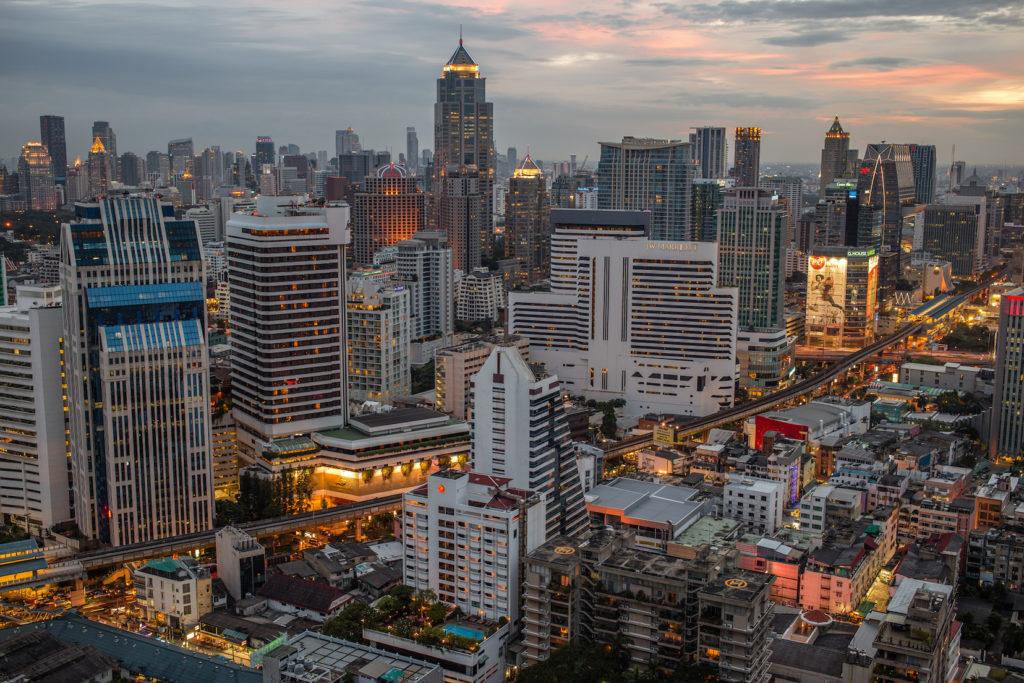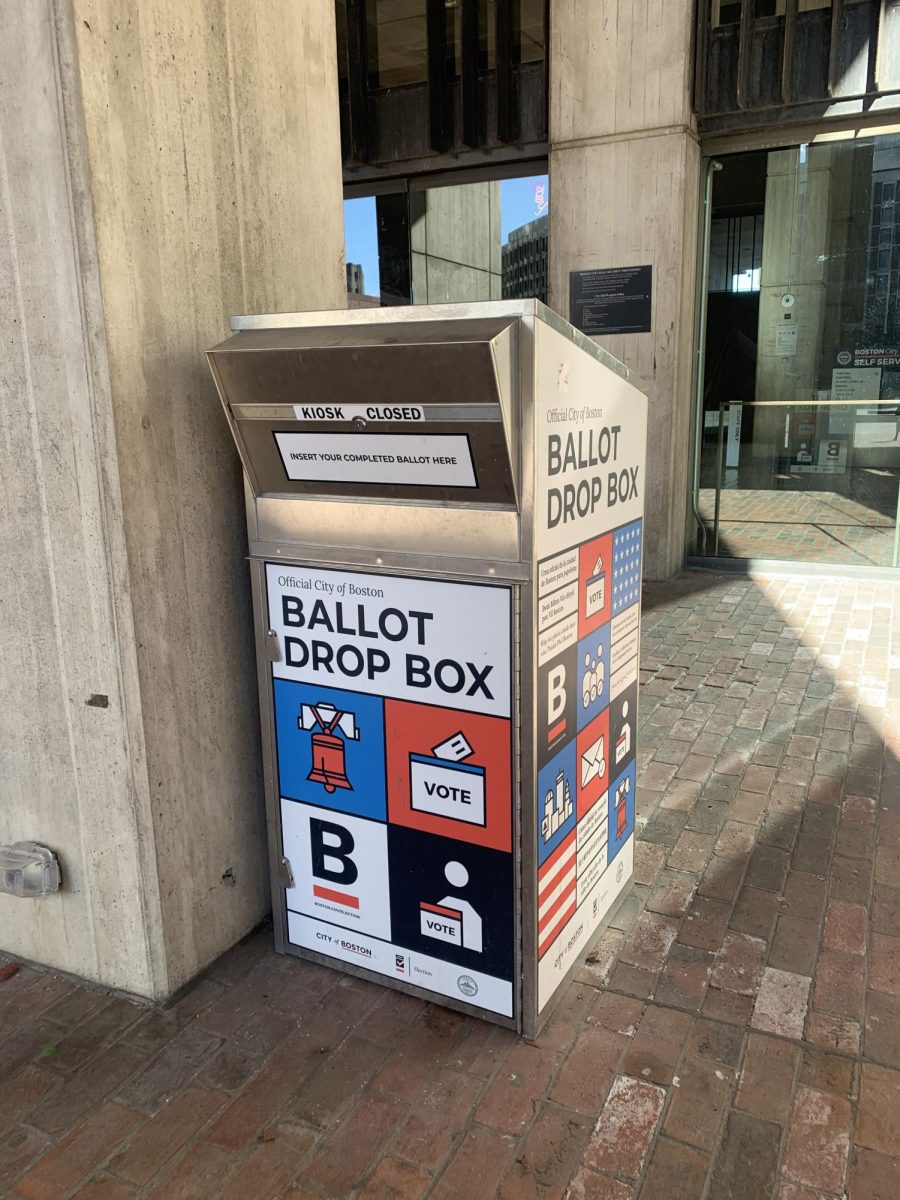 Living overseas, my parents often experience current events on a more personal level than those like me, who merely read about these events from a distance. When my folks visited Boston recently from their home in Indonesia, it was no exception.
Living overseas, my parents often experience current events on a more personal level than those like me, who merely read about these events from a distance. When my folks visited Boston recently from their home in Indonesia, it was no exception.
As we caught up, my mother paused to read a Facebook status from a friend living in Thailand regarding the country’s recent military coup.
Reading the status aloud, she said “Dear friends and family. As you may have heard, the Thai military has taken over Thailand. We are now officially in a coup. Rumors have it the Internet will be shut down at 9 p.m. (11 minutes… TV has already been shut down), so if we do lose communication, please rest assured that we are all fine here in Bangkok.”
Though the status ended lightheartedly with a countdown and jokes about the loss of Internet, the words struck an odd chord with me.
Knowing little about the situation there at the time, I struggled to reconcile the strange calm around the event with the term “military coup.” The words brought to mind tank-lined streets and soldiers more so than jokes about the lack of HBO and “coup day” hashtags.
Could a country, even one known widely as the land of a thousand smiles, keep a semblance of peace and normalcy during a military coup?
I was amazed to find that Thailand is well practiced when it comes to coup d’états. Since Thailand became a constitutional monarchy in 1932, there have been at least 18 actual and attempted military takeovers, making living under the involuntary reign of the military almost old hat for the people of Thailand.
To understand why Thailand finds itself in its second coup in eight years, I read further into the current situation. A large political rift between the anti-governmental urban elite, known as the “Yellow Shirts,” and the primarily rural poor population that supports the current government, known as the “Red Shirts,” has led to destabilizing protests that have plagued Bangkok since November.
Sensing escalating violence should these protests continue, the military declared martial law in the dead of the night on May 20, quickly followed by the announcement of the coup on May 22, CNN reported.
While I watch and wait to see how Thailand’s government will emerge on the other side of this coup, I find myself consumed by one question. By stepping in, perhaps too readily, has the military stunted the potential growth and achievement of true democracy for Thailand?
With the statement that the nation needs time to change its “attitudes, values and several other things” before it is ready for a democracy that meets international standards, the Associated Press reported, the Thai military, known as the junta, sounds much to me like a parent punishing squabbling siblings.
Like any other parental punishment, the TV privileges have been revoked, a curfew has been enforced and Thailand is grounded without reprieve.
In the face of conflict between the old royalist ruling class and an ascendant majority that is gaining ground as a political force, the coup sounds to me like a juvenile punishment for an imperative adult problem.
With the democratic system already fragile for the last decade as Thai society undergoes major changes, I question whether treating the nation like a wayward child is any way to find a solution.
Something tells me that, although the coup may have served to interrupt the deadlock of warring parties, Thailand’s troubles remain a thunderous cloud on the idyllic horizon. Until then, the political conflict could lead to serious concerns for Thailand’s already weakened economy, according to the Wall Street Journal.
Finding a lasting solution to the unrest is unlikely if the military continues to work against the government and the democracy. The nation must find a way to reconcile these issues without silencing the people.
-Molly Tankersley can be reached at [email protected].
Photo courtesy Creative Commons and Molly Tankersley.













